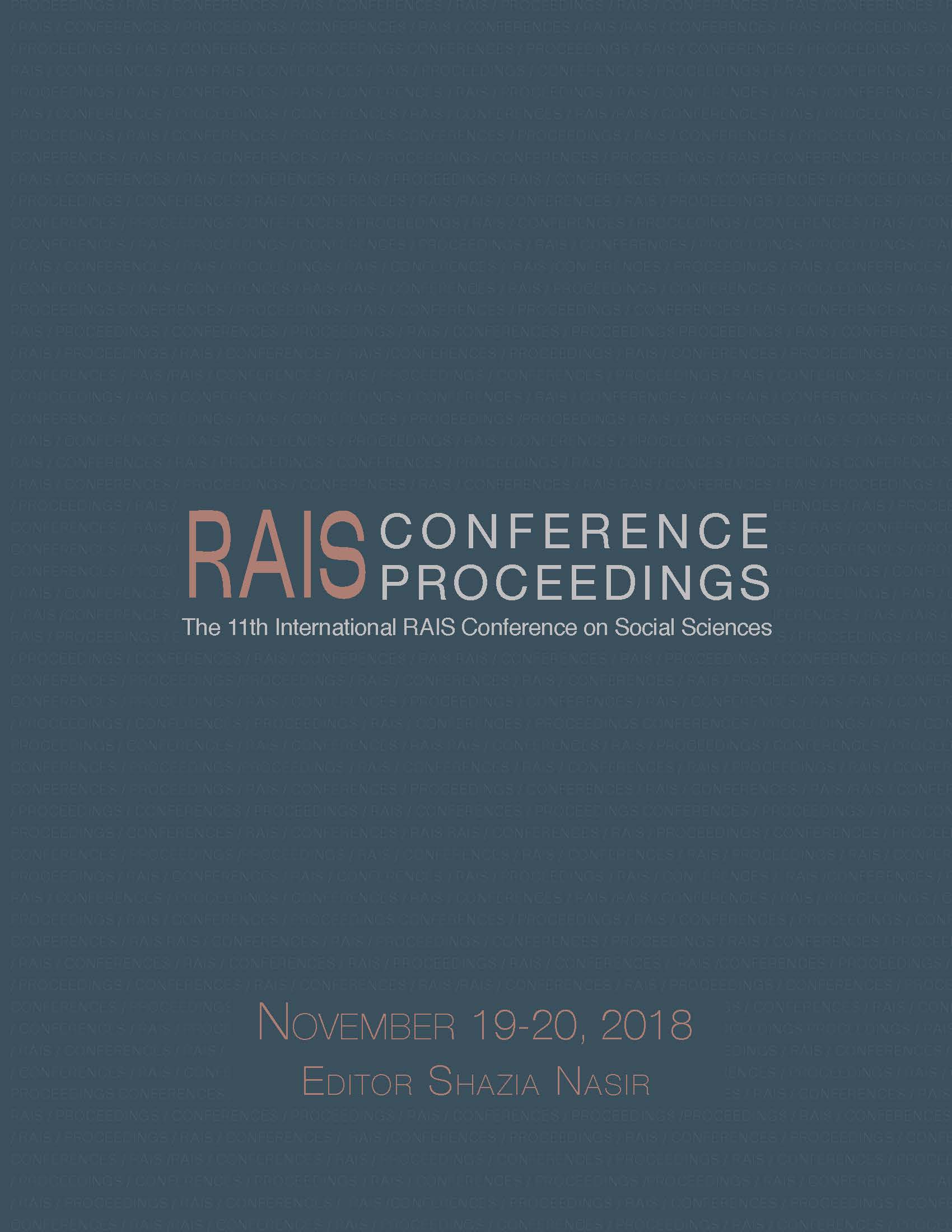The Role of Culture and Communication in the Socialization Process
The Role of Culture and Communication in the Socialization Process
Author(s): Samuiel Balc
Subject(s): Social Sciences, Behaviorism
Published by: Scientia Moralitas Research Institute
Keywords: Culture; communication; socialization; behavioral patterns; society;
Summary/Abstract: Given that people's behavioral patterns are so diverse, there is an unconscious tendency on the part of many to reject such behaviors. To avoid such situations, we need to know the importance of the social dimension of communication that is based on two fundamental factors: One factor is that each person is born in a particular culture with its perspective, its way of thinking and action. The second factor is that each person is born in a particular society, a community that has certain expectations of its members, certain modes of interaction, etc. Consequently, in order to understand the behavioral patterns of a community and to integrate within the community, particular attention must be paid to both culture and communication. At the same time, it must be established that socialization requires understanding and acceptance of changes that need to be made, recognizing that this requires time. Those who share a common culture are a society, a community. Each generation of a particular society receives the culture of society, the community of the previous generation, enriches it, and transmits it to the next generation. Therefore, one can say that a culture is not static but constantly changing. Thus, to communicate effectively and to integrate into a society, communities must have an adequate knowledge of culture.
Book: Proceedings of the 11th International RAIS Conference on Social Sciences
- Page Range: 318-324
- Page Count: 7
- Publication Year: 2018
- Language: English
- Content File-PDF

